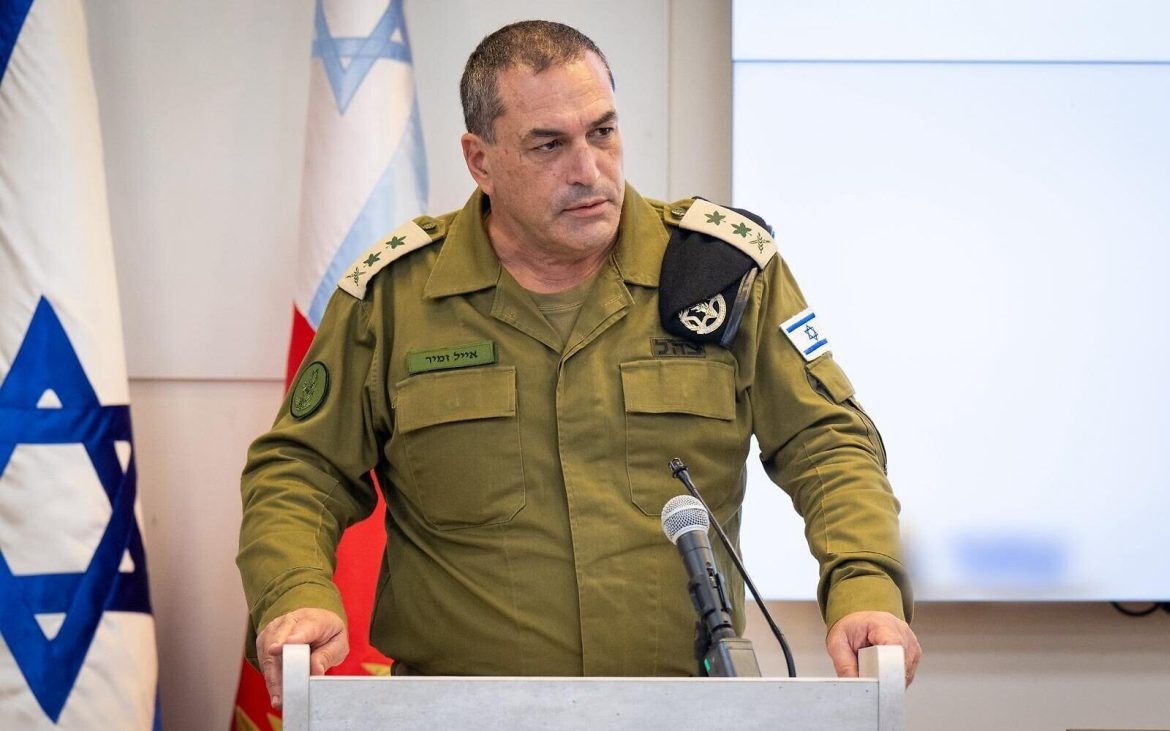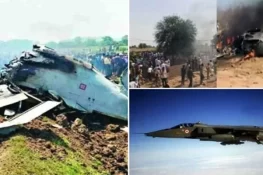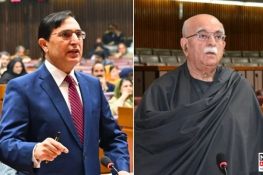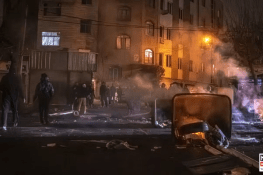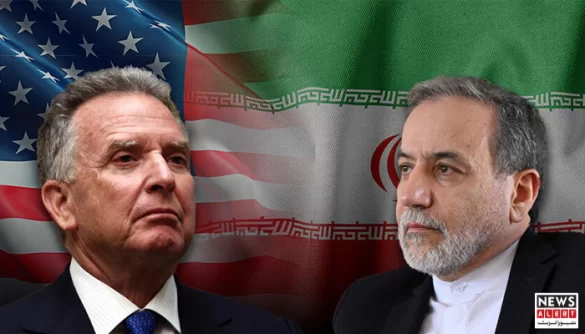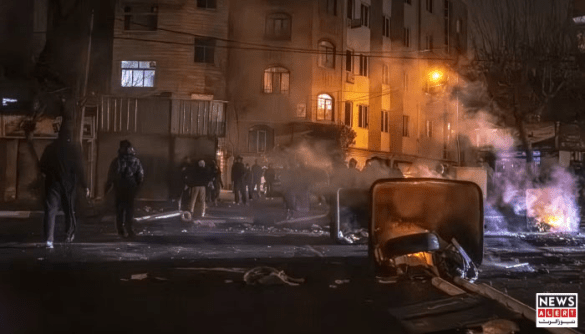Israeli Military Chief Endorses New Gaza Offensive Plan
TEL AVIV — Israel’s Chief of Staff, Lieutenant General Eyal Zamir, has approved what officials describe as the “core concept” of a new, large-scale military operation in the Gaza Strip.
According to a report in a British daily newspaper, the Israeli Defence Forces (IDF) confirmed that the central framework of the plan has been endorsed. However, specific operational details remain undisclosed.
The approval marks a significant step in Israel’s ongoing military campaign against Hamas, the armed group that governs Gaza. The move suggests that military planners are preparing for another major phase of fighting, nearly ten months after the conflict escalated in October 2023.
Aim to Reassert Control Over Gaza City
Israeli media reports indicate that the operation’s goal includes regaining full control over Gaza City. The area was seized by Israeli troops during the early stages of the war but later abandoned as the military repositioned its forces.
An IDF spokesperson said the plan was drafted in line with directives from Israel’s political leadership. The “core concept” was presented for approval to guide the operation’s next stages.
The spokesperson added that the new phase would focus on securing strategic locations and preventing Hamas fighters from regrouping in key urban areas.
Context: War Entering a Prolonged Phase
The war in Gaza erupted on 7 October 2023, when Hamas launched a surprise cross-border attack into southern Israel, killing around 1,200 people and taking more than 200 hostages, according to Israeli authorities. Israel responded with a large-scale bombardment and ground invasion.
Since then, Gaza has faced some of the heaviest urban combat in decades, with recent reports of over 90 killed in fresh Israeli strikes amid growing famine deaths. The United Nations estimates that tens of thousands of Palestinians have been killed, while much of Gaza’s infrastructure has been destroyed. Around 1.7 million people — nearly 80% of Gaza’s population — have been displaced.
The IDF has conducted multiple offensives across the enclave, but Hamas has retained pockets of resistance, particularly in densely populated areas.
Strategic Importance of Gaza City
Gaza City is the largest urban center in the territory and a political and logistical hub for Hamas. Control over the city would give Israel a strategic advantage, potentially disrupting Hamas command networks and supply lines.
However, previous operations in Gaza City have faced fierce resistance. Urban warfare in the city’s narrow streets and crowded neighbourhoods poses a high risk for both soldiers and civilians.
Analysts say any renewed push into Gaza City is likely to result in intense fighting and further humanitarian challenges.
Limited Details, High Stakes
The Israeli military has not revealed the scale or timing of the new offensive. Security analysts believe that the decision to approve only the “core concept” — rather than the full operational plan — allows for flexibility as the situation evolves on the ground.
Israel’s leadership faces mounting domestic pressure to secure the release of hostages still held by Hamas, restore security to border communities, and prevent renewed rocket fire. At the same time, international calls for a ceasefire and humanitarian access to Gaza are growing louder.
Humanitarian Concerns
Aid organizations have warned that any new large-scale assault could worsen an already catastrophic humanitarian situation. Gaza’s hospitals, many of which are damaged or overwhelmed, continue to struggle with shortages of medicines, fuel, and clean water.
The UN Relief and Works Agency (UNRWA) has described conditions in some parts of Gaza as “unliveable,” citing destroyed homes, lack of sanitation, and the spread of disease in displacement camps.
Outlook
While Israel’s military approval signals readiness for another major campaign, the operation’s timing and scope remain uncertain. With both military and political stakes high, the coming weeks will determine whether Gaza faces another round of intense fighting or if diplomatic efforts can halt the escalation.
The situation remains fluid, with regional actors, including Egypt and Qatar, continuing to push for mediated talks between Israel and Hamas — so far without a breakthrough.

